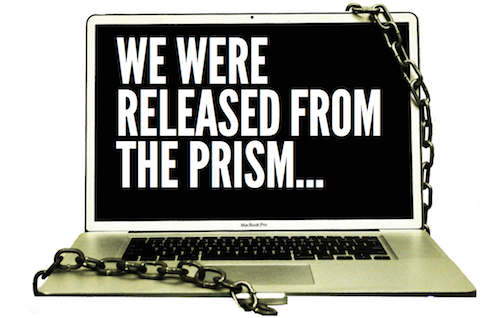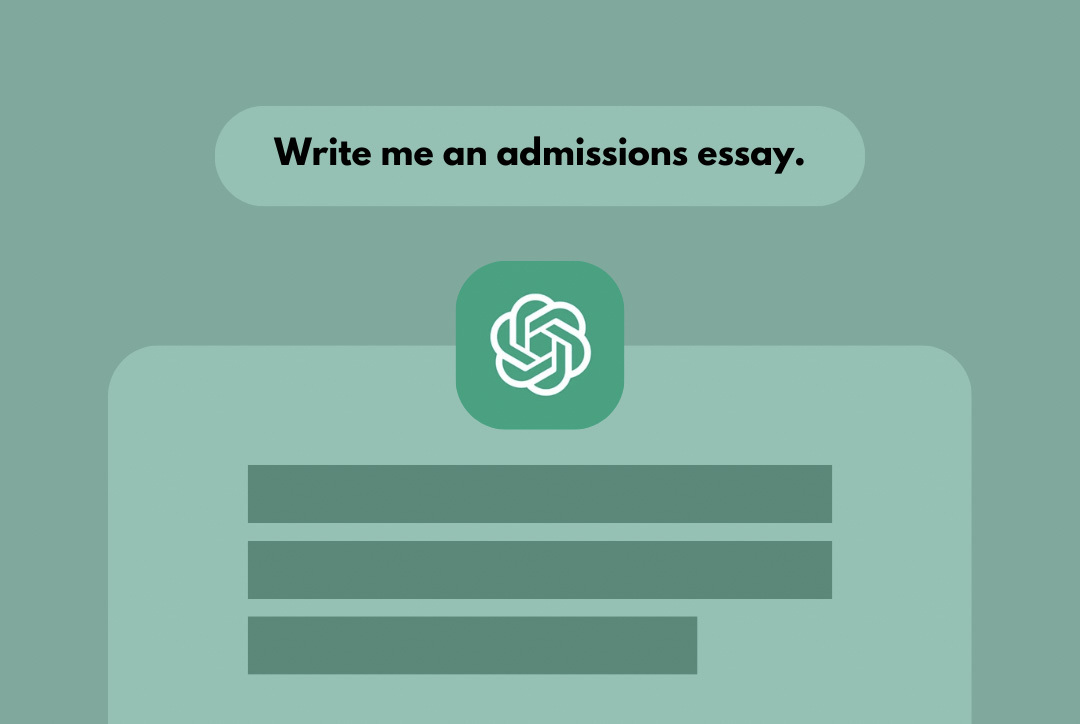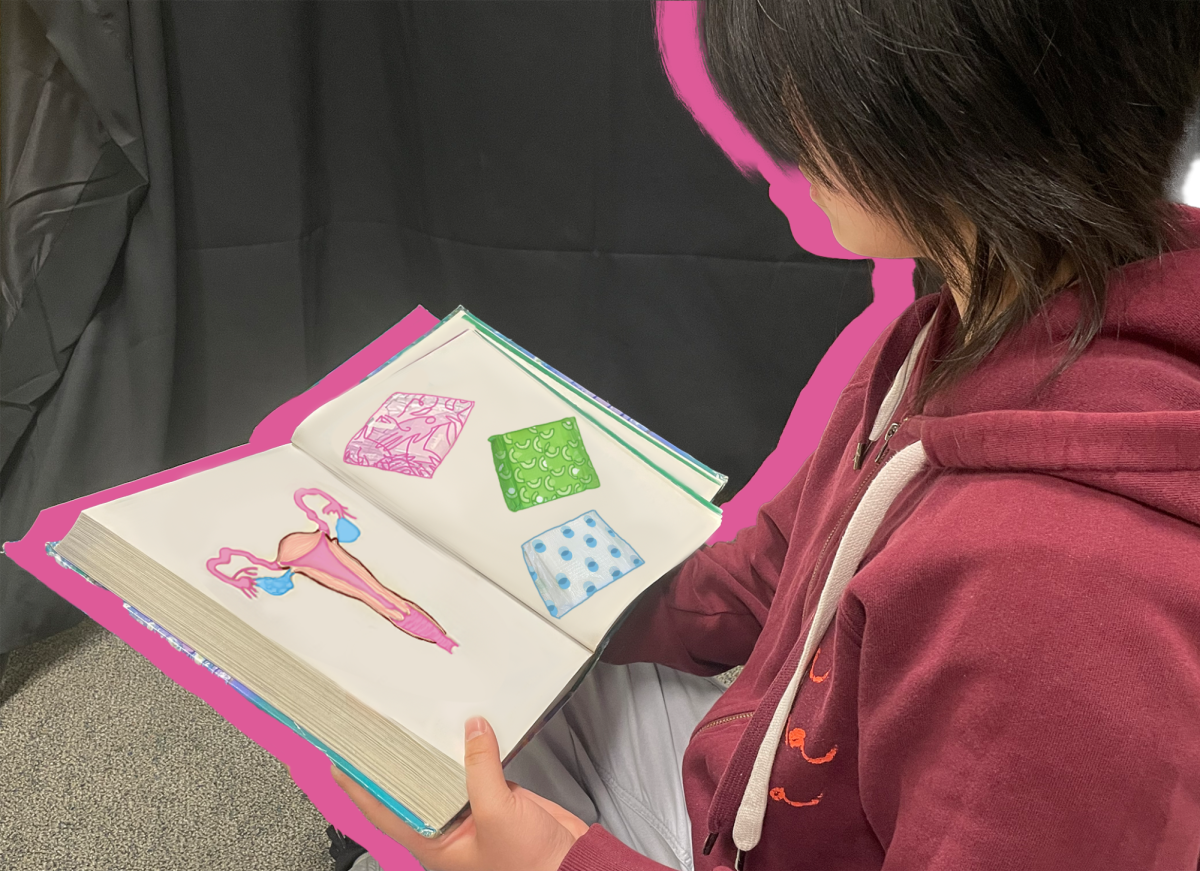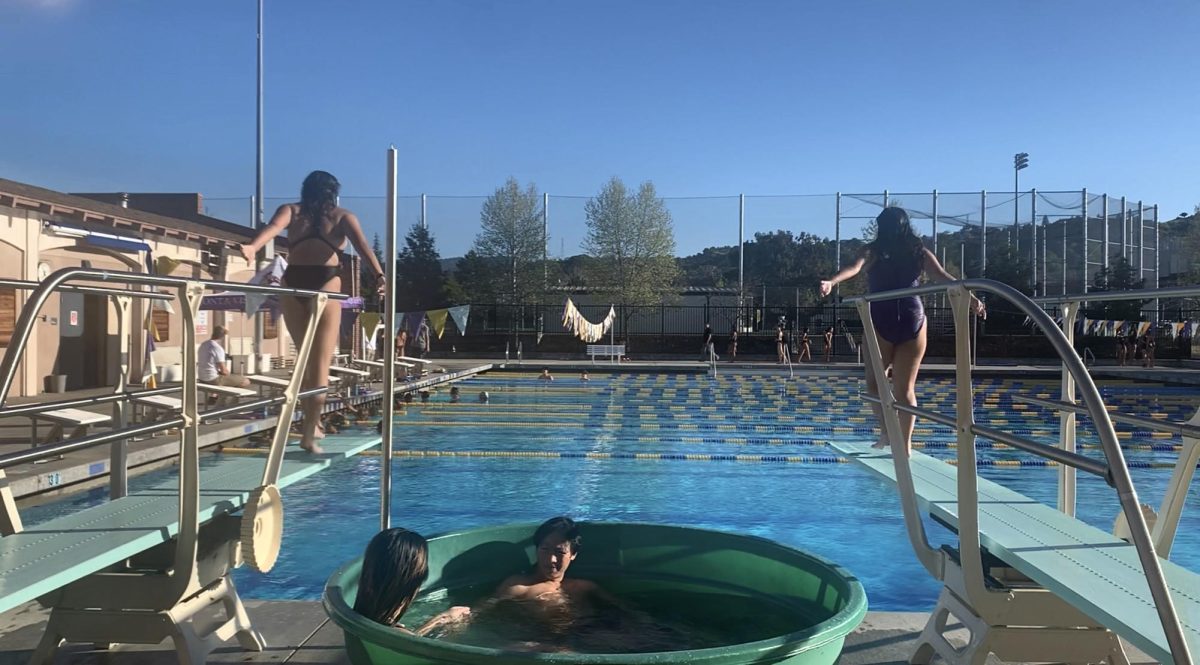We have blasted through the firewall.
With the lift of the iPrism filter earlier this school year, many staff members and students initially anticipated an abuse of the new internet privileges rendered by the district. However, the reality proved otherwise: students have positively embraced this change and adhered to district policies.
This isn’t the first time that such issues have arisen, however. Fifteen years ago the district filter prevented even teachers from accessing most sites. Six years ago, when math teacher Jon Stark tried to pull up an image on his computer to show his students a basic calculus concept, he was hindered by the limited internet access he had at the time.
“We’d have immediate blocking on anything that looked even remotely suspicious,” Stark said. “It was a big pain.”
But around 10 years ago, the growing concern among staff finally came to a halt, as the district reached an agreement to allow them the access to a wider number of sites.
“The minute computers became more accessible and [teachers] had their own laptops that they carried with them, then [the changes] just became kind of like the natural flow of what would happen,” principal April Scott said. “But teachers were still initially [prohibited] from using YouTube.”[blockquote][The changes] just became kind of like the natural flow of what would happen.[/blockquote]
The district’s decision to allow teachers access was not without its problems. According to Stark, there were concerns that teachers could abuse the system.
“They opened [the filter] up for all so that we could get YouTube videos for instructional purposes that we couldn’t get [before],” Stark said. “Now it’s where they rely upon the teachers to use their good judgement to only pick the YouTube things that matter and not be sitting around watching YouTube videos during their prep periods or playing the stock market or something like that.”
In today’s world, where technology is still progressing and becoming an essential aspect of daily life, having access to online educational tools has become increasingly important. Many teachers — including AP Chemistry teacher Kavita Gupta and math teacher John Conlin — have already begun to use Facebook groups and YouTube as resources outside of school.
Despite the promises of this change, many teachers and students expect the liberal policy may generate the spread of internet abuse on campus.
Student responsibility
Although the major concern with lifting the iPrism filter has been that students will abuse the new policies, another has emerged: students lose some of their rights to privacy online.
The school’s administration and the district monitor student online activity while the students are connected to the local network. Library Media teacher Laura Utile also tracks the browser activity of students who are working in the computer lab and the library through a program which allows her to view all desktops that are currently in use.
Utile has not noticed any violations of the student code of conduct in the past month since the new policies have been in place. However, she feels that the effectiveness of the technological regulations will only become apparent later in the school year.
“I’ll be honest, I’ve not seen one person actually log onto Facebook right now. Most everyone has been coming in [to the library] to do Excel spreadsheets and stuff,” Utile said. “The only Facebook that I’ve seen open up was the screenshot of my Facebook page reminding ninth graders about posting pictures on Facebook.”
By decreasing the number of sites that are blocked by the iPrism filter, the district officials and administrators acknowledge that some students may use sites such as YouTube and Facebook for non-educational purposes. Nevertheless, this does not change FUHSD Bond Technology Program Coordinator Menko Johnsonís opinion about the districtís decision to make these sites accessible to all students.
“We all know [students] can get on Farmville and go crazy. There are many ways to while away the hours in your life on Facebook,” Johnson said. “But that temptation will always be there. You as students need to learn to regulate yourselves. We could block it here, walk outside, but if you’re going to lose yourself in the digital world, then we don’t want that for you.”
Strengthening online security
However, concerns with students misusing the school network are not unfounded. Six years ago, a hacking incident occurred on campus which aroused a fear in privacy and security among the student and staff body.[blockquote]You as students need to learn to regulate yourself.[/blockquote]
“Students had hacked into the network. It’s interesting how it becomes quite a partnership. We started getting signals that something’s maybe not right,” Scott said. “We got the district involved because they had the access to all the servers so they could tell us what [had] been compromised and so on.”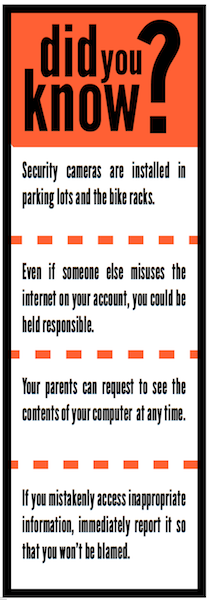
According to Scott, several new security measures were put in place as a result of the hacking incident.
While the question of having more problems as a result of lifting the iPrism filter has been raised, Stark believes that the district’s decision will not significantly impact the number of violations that arise.
“We’ve had students who’ve been disciplined, but it was because someone was being clever at the time. I don’t think this change will make much difference in that,” Stark said. “If someoneís gonna do it, they’re gonna do it anyway. This may change the way they get at it, but I don’t think it’ll change the frequency of it.”
Although the new internet regulations had long posed possibilities of security issues, the district and office are beginning to see that the benefits greatly outweigh the potential drawbacks.
“I think there’s always that risk you take by making these decisions,” Scott said. “But, I really do believe we won’t be facing any big problem.”
It has only been six years since Stark was bereft of access to numerous sites on campus. But within the short span of time that has passed since then, numerous changes have been made to increase and improve the districtís technological policies.
“Education’s changing,” Scott said. “As much as there are some old relics in the education field that indicate technology was never going to become a big part of school, it is. Looking back five to six years from where we are today, I can really see the changes. That is just where the world is going.”
















